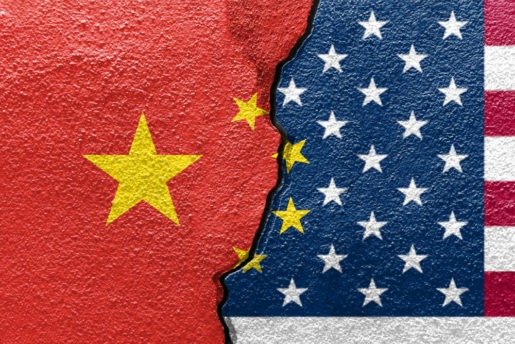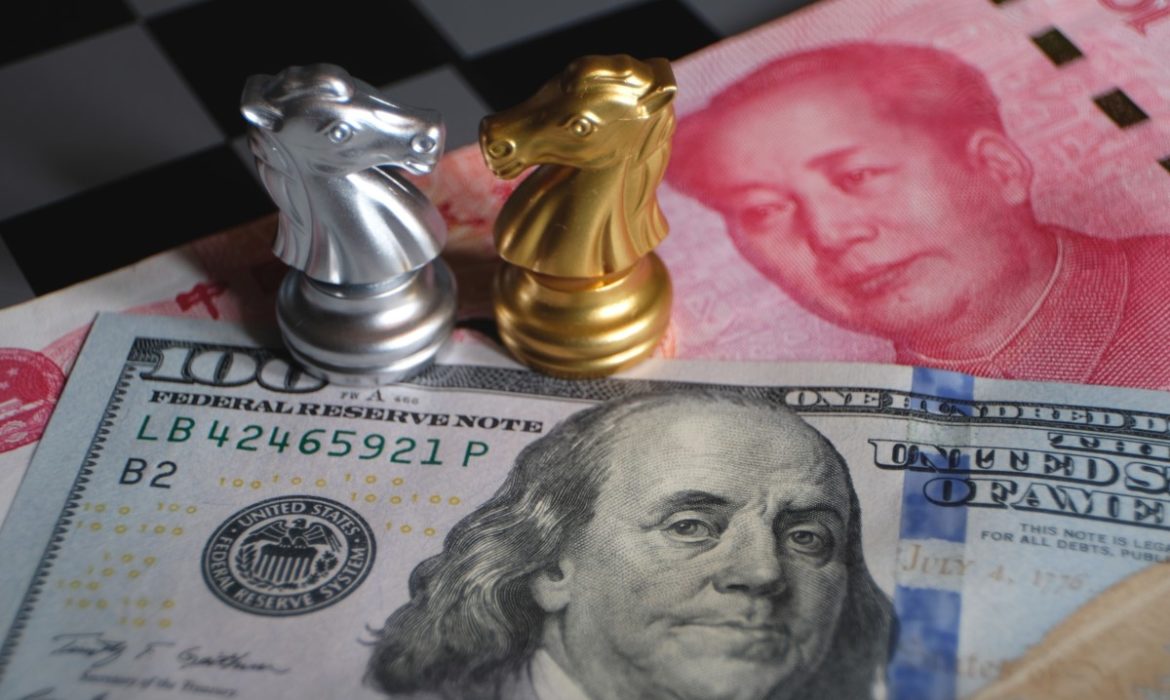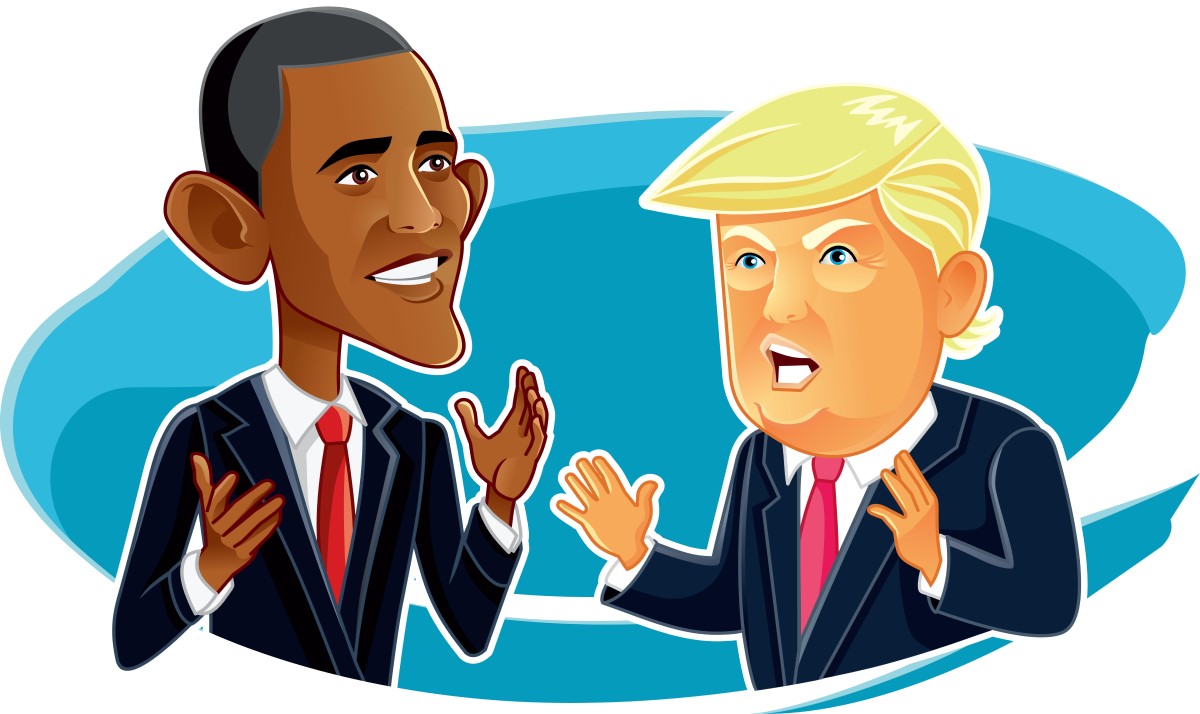Trump’s administration is pushing to prevent China from dominating the market for advanced technologies. Thus, it is in a collision with some American companies it wants to protect.
Many American firms are specializing in artificial intelligence, biotechnology, microchips, and other industries. Trump’s administration has efforts to restrict the flow of technology to China. Thus, those firms have grown increasingly alarmed. Trump says that the flow of technology to China can siphon expertise, revenue, and research away from the United States, ultimately eroding America’s advantage.
These concerns are simmering for months. The Commerce Department considers to adopt sweeping proposal. It would allow the United States to block transactions between American Firms and Chinese counterparts. On top of that, there are new restrictions on Chinee investment in the United States. Moreover, it is proposing measures that would prevent American companies from exporting certain products and from sharing technology with foreign nationals, having the tech industry scrambling to respond.
The United States is considering restricting export licenses for companies that are selling products or sharing intellectual property with China. One of the worrying companies is General Electric, which is selling aircraft parts to China as part of a joint venture with a French firm, Safran.
Top officials of administration are planning to meet on February 28. They are going to discuss further restrictions on China. One of the topics will be whether to block G.E.’s license for selling jet engines and whether to further curtailing the ability of Huawei or not. Huawei is a Chinese telecom giant that has access to American technology.
American Companies
In Washington, there is a growing bipartisan consensus about China posing a security threat. They suggest that the United States must protect domestic industries for retaining a technological edge. United States President Donald Trump’s trade war with China was aimed to force Beijing to end practices that gave Chinese sectors an advantage. The phase one deal signed last month did very little to address the security concerns.

The tech industry has already warned that limiting access to China might cripple American companies. Moreover, it can end up undercutting the United States at the most significant global hub of development and research.
Moreover, the lawyers and consultants are advising companies to locate more development and research outside the United States. It is for ensuring that they will have uninterrupted access to China. China has a fast-growing consumer market and is the center of the global electronics supply chain. The New investment dollars will be funneled to research hubs near the University of Waterloo in Canada, as well as Britain, Israel, and other places beyond the reach of the American government.
John Neuffer and chief executive of the Semiconductor Industry Association, which is representing chip makers. He said that anyone who thinks their concerns are exaggerated must talk to the United States semiconductor industry workers. They are already losing their jobs because of walling off their largest market. John Neuffer added that revenue from that big market fuels their significant research investment, which allows them to drive and innovate America’s economic growth and national security.














